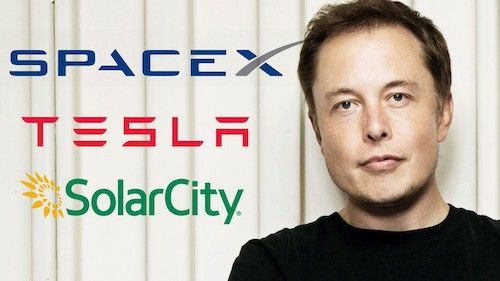Book Review 10: The Parallel Entrepreneur

How to start and run companies while keeping your day job
If this title and subtitle don’t get you excited, then we are very different people! The author Ryan Buckley is the current CEO of MightySignal, co-founder of Scripted, FindEmails.com, and just the right mix of developer and businessman I want to learn from.
The most important takeaway from this book are his rules of the parallel entrepreneurship game, summarized as:
- Start B2B companies
- Strive for 100 customers paying $100 per month
- Do it solo by design
- Make sure your side businesses are very different from your 9-5 job
- Keep your side business ops completely separate from your day job
- Pick one technical stack and stick with it for all of your ventures
- Find synergies in your wholly-owned business portfolio
- Have an exit strategy or number in mind (and know it will not be $1bn)
- Regularly do maintenance work on each company in your portfolio
- Endlessly repeat the cycle of starting, growing, and selling companies
I’ve been telling myself to start a B2C wellness company, but as I spend more time inside one, I’m not sure I can at this stage in my career. I don’t want investors and creating a hard good from scratch isn’t cheap. So I’m looking at this parallel game as the way to create freedom and a nest egg, to build the B2C company later.
Maybe you’re thinking – this isn’t realistic. You can’t run a portfolio of companies and work 9-5. Bullshit. Look at timelines of some of the parallel entrepreneur greats:
- The King = Elon Musk.
- 2002, launches SpaceX
- 2004, invests in Tesla
- 2006, invests in and cofounds Solar City
- 2008, becomes CEO of Tesla
- 2013, launches Hyperloop
- 2015, launches Open.AI
- 2016, launches Neuralink and the Boring Company
- The Prince = Jack Dorsey.
- 2006, launches Twitter
- 2008, steps down as Twitter CEO for doing yoga and exploring fashion, stays chairman
- 2010, launches Square as CEO
- 2015, CEO of both companies again, both are public
- The Noble = Rich Barton.
- 1996, launches Expedia
- 2003, sells Expedia for $3.2bn
- 2006, Launches Zillow
- 2008, Launches Glassdoor
- Today, Chairman of Zillow and Glassdoor, and founder of new company called Trover.
DON’T TELL ME IT CAN’T BE DONE! You’ll need to give up a lot of nights and weekend, but if you’re like Ryan and I, you don’t mind working for yourself.
What you need to create a portfolio of companies is a playbook. I’ve always admired my mentor Ryan, and how quickly he spins up businesses. He seems to have a magic formula to get shit done and launch it. But I realize, I’m only half right. It’s a formula, but it sure as hell ain’t magic! The 10 rules from earlier are the start of my playbook, and next, I need to layer in some ideation / domain expertise. I tried to identify places where I have uncommon expertise:
- eCommerce Conversion Rate Optimization
- Shopify+ Merchant Needs
- Shopify App Ecosystem
- B2C Subscriptions businesses
- Supplement companies
- eCommerce promotional strategy
- Low carb
- Keto
- Wrestling
- Combat Sport
My old CEO Noah Kagan talks a lot about idea sex, for example – is there a Shopify app I could build that would specifically service merchants selling combat sports gear? That’s a good start. Then run the classic startup validation exercise – landing page, email capture, and potential customer conversations. On pricing, go big! $100/month is the goal. Always easier to lower prices than increase them later on.
Another mental shift I’m making is taking the portfolio mentality. Like a great hedge fund manager, you diversify your portfolio, reduce your emotional attachment, and can ride winners and cut losers. I’ve been in 2 very young startups and the emotional roller coaster is horrible. Sunday you think you’re going to be a billionaire, Monday you’re on AngelList praying for a quick interview. I might try to even build 2 things at once, one more technical, and one more content focused to flex different parts of my brain.
The end game hasn’t changed for me, I’d still like to run a consumer company that accelerates the human condition. I can’t tell you what that means, but perhaps I could be a cross between Tim Ferriss, Eric Thomas and Justin Mares.
But to do it my way, I need to unlock a few doors first. A portfolio of self-run, profitable businesses will get me much closer. As opposed to dreaming of starting the next Athletic Greens, which is what I’m doing now.
Onward!
Thanks,
Will “Team Health” McLellarn